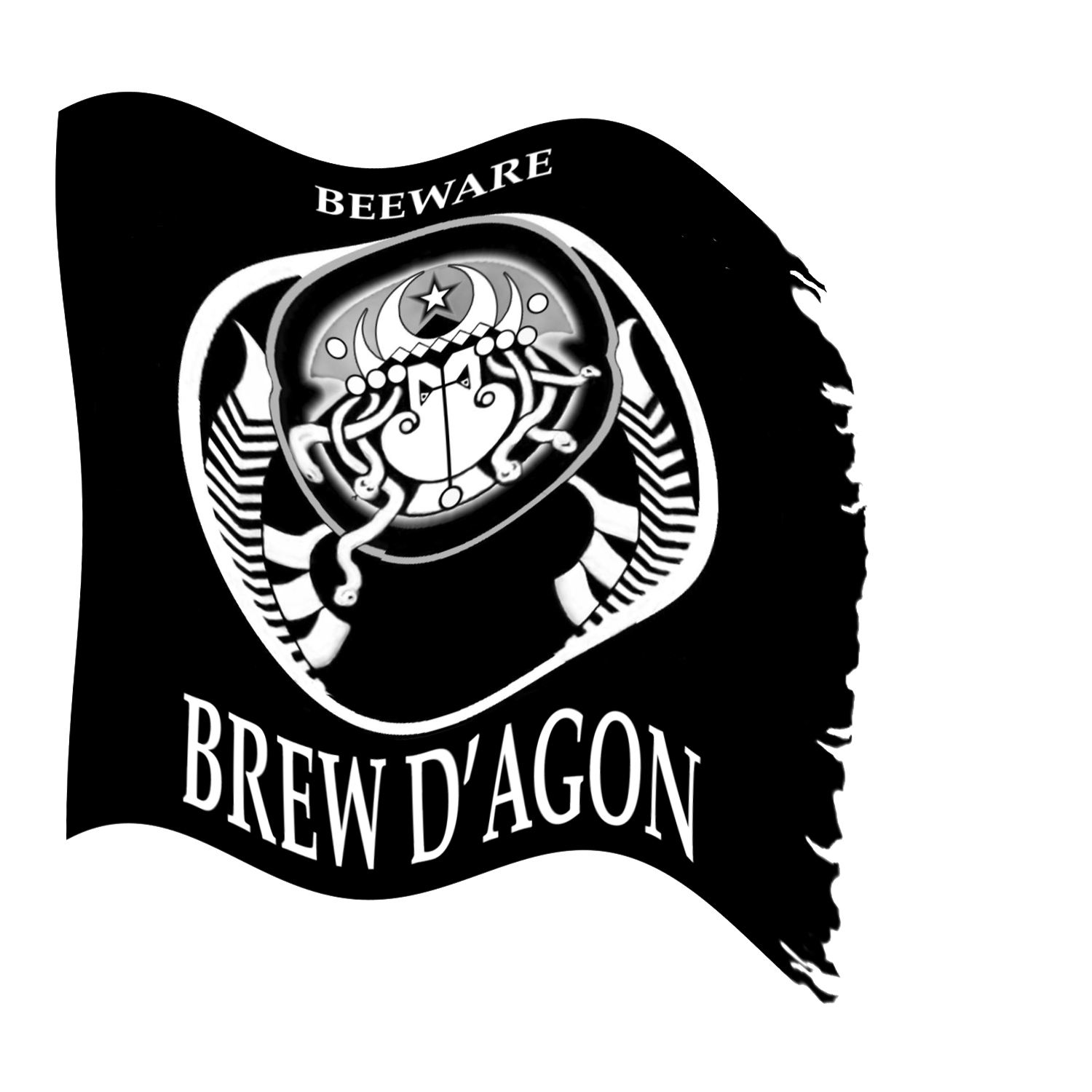-------------------------------
The Lost King
-------------------------------
There lies in the Ocean
an island which is called The Lost.
In Charm and all kinds of fertility
it far surpasses every other land,
but it is unknown to men.
Now and again
it may be found by chance;
but if one seeks it, it cannot be found,
and therefore it is called The Lost.
- Honorius of Autun
De Imagine Mundi
For certain, you have to be lost
to find a place that can't be found,
elseways everyone would know where it was.
- Captain Barbossa in
Pirates of the Caribbean: At World's End
utopia (n.)
1551, from Modern Latin Utopia, literally “nowhere,”
coined by Thomas More (and used as title of his book, 1516,
about an imaginary island enjoying the utmost perfection
in legal, social, and political systems),
from Greek ou “not” + topos “place” (see topos).
Extended to any perfect place by 1610s.
Commonly, but incorrectly, taken as from Greek
eu- “good” (see eu-) an error
reinforced by the introduction of dystopia.
- www.etymonline.com/?search=utopia
perdition (n.)
mid-14c., "fact of being lost or destroyed,"
from Old French perdicion "loss, calamity, perdition"
of souls (11c.) and directly from Late Latin
perditionem (nominative perditio) "ruin, destruction,"
noun of action from past participle stem of Latin
perdere "do away with, destroy; lose, throw away, squander,"
from per- "through" (here perhaps with intensive or completive force,
"to destruction") + dare "to put" (see date (n.1)).
Special theological sense of condition of damnation,
spiritual ruin, state of souls in Hell" (late 14c.)
has gradually extinguished the general use of the word.
- www.etymonline.com/?search=perdition
le roi perdu (“the lost king”)
- www.societe-perillos.com/plantard_monarch.html
they do not say a king has died
but simply that he has “gone away”
like his divine ancestors
- Sir James George Frazer
The Golden Bough
Elijah mocked them, saying,
“Cry aloud, for he is a god.
Either he is musing, or he is relieving himself,
or he is on a journey, or perhaps
he is asleep and must be awakened.”
- 1 Kings 18:27
New Living Translation
Long is the way and hard, that out of Hell
leads up to light.
- John Milton
Paradise Lost
I sung of Chaos and Eternal Night,
Taught by the heav’nly Muse
to venture down
The dark descent,
and up to reascend
- John Milton
Paradise Lost
-------------------------------
Louis de Lyon awoke in a panic. The harder he tried to focus on the reason for his fear, the more elusive it became. Why am I afraid? The only thing he could remember about his dream was an omnipresent nothingness. The deeper he thought about it, the deeper the dark void became. Louis found the vast emptiness even more disquieting than the overwhelming fullness of The Voices.
There were painful moments in his past when he would have welcomed just such an endless emptiness; he would have willfully become incorporeal to experience its perceived solace. Earlier in his life, he had felt as if life was nothing but pain and anguish, and so he had wished for Nothing. From time to time, he still felt wracked with almost unbearable spiritual agony but, ever since Phoenix had given her love to him and accepted his in return, he desired more from life. His thirst for life and knowledge – no matter how painful –, had been renewed. The Right Honourable Reverend Doctor had taught Louis much, but only after the experience with Phoenix did the depth and breadth of this new gnosis begin to dawn in the mind of the helmsman. Love is the root of all agony.
Louis' physical discomfort increased as he felt a growing pressure on his bladder. He swung deftly out of Phoenix’s bunk, and threw on pants and a shirt. Then he scurried out the door, hurried for the ladder, and scampered up on deck with practiced ease. Born and raised in France, Louis de Lyon needed no reminding that – on board The Brew D'Agon – the place he was headed was called la toilette, “the little net”.
-------------------------------
A prisoner condemned to death
was dressed in the king’s robes,
Seated on the king’s throne,
allowed to issue whatever commands he pleased,
to eat, drink, and enjoy himself,
and to lie with the king’s concubines.
But at the end of five days he was stripped of his royal robes,
scourged, and hanged or impaled.
During his brief term of office he bore the title of Zoganes.
The custom might perhaps have been explained
as merely a grim jest
- Sir James George Frazer
The Golden Bough
the making of it for common uses,
or by common persons,
was prohibited under penalty of death
- www.etymonline.com/?search=ink
-------------------------------
The voice of The Head resonated with a metallic edge in the cool night air. The raspy, rhythmic hissing generated by the mask's alternately expanding and contracting gasbags lent a further mechanical physicality to a phenomenon usually entirely supernatural. Here, at this moment, science and magic combined, resulting in a quantum leap beyond the sum of their parts.
"Thanks to our friend, we have moved out of the fog and are almost in position before the Gate. The barometric pressure is falling. The Storm is coming. The crew is preparing the vessel. The Gate is ready to open, but the key must place itself in the lock."
The head of the dead cannibal pirate, Carlito Jung, was in a rare mood: excited enough to speak using his mouth instead of telepathy, but still nervous despite his shadowy foreknowledge of success. Like his friend, Jung the Elder, The Right Honourable Reverend Doctor Heronimus Jones was in high spirits, if slightly more empathetic with the victim of the ritual. An astute reader should be able to correctly deduce the source of this feeling of kinship.
"D'Agon fhtagn."
-------------------------------
